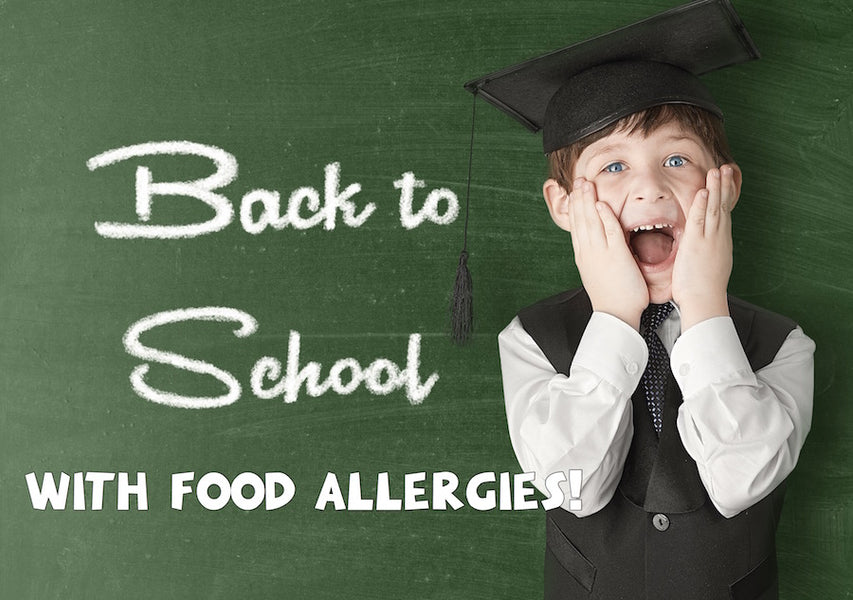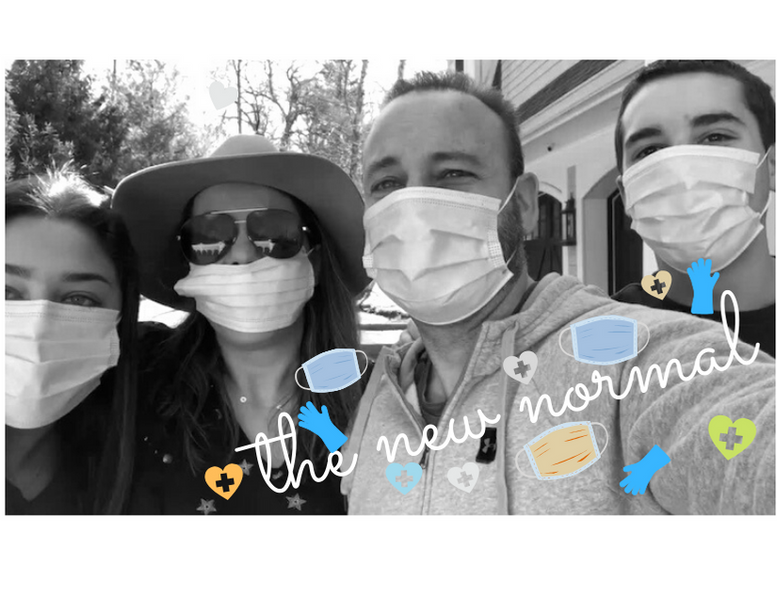
Yep. It's that time again. Whether you are jumping for joy at the prospect of not having to entertain your kids from morning until night every-single-day- OR mourning the end of yet another glorious, lazy days filled summer, it's about to happen. The arduous task of making sure your food allergic child is safe and sound with yet another new teacher (or maybe even a new school) has begun.
Instead of scrambling to figure out what needs to be done, just take a look at this helpful checklist designed for parents and kids with food allergies:
1. DON'T BE SHY. Go ahead and make an appointment to talk to your child's teacher, principal, and the school nurse. Bring notes or an outline of questions, your child's rescue medications, and your Food Allergy Action Plan or Individual Health Care Plan. Some questions you might ask during this meeting include...
Does the school have a food allergy policy?
What safeguards are in place in the cafeteria, classroom and other areas?
Will other parents be notified about the allergy policies and the presence of an allergic child in the classroom?
What is the school or class policy for parties, treats bought by parents, or food given as rewards to children?
How many people at the school are trained to recognize and respond to allergic reactions? Is a trained person required to accompany students on field trips?
Are there other children with allergies in the class? It might be nice to try to contact other parents in the same situation so you can coordinate with them for chaperoning or party hosting duties throughout the school year.
2. AWARENESS- Ensure that your child wears his or her allergy awareness accessories at all times. We know of a wonderful resource for this kind of stuff (hint, hint).
3. SAFE SNACKS- Provide the teacher with a box of safe snacks for your child so she will have an appropriate treat to give him if treats are being given to other students.
4. EDUCATION- Review safety rules with your child before school starts just to remind him about washing his hands, never sharing food, and which foods might contain ingredients to make him sick. It's also a good idea to practice when to tell the teacher something is wrong. For example, if you feel a tickle in your throat, what should you do? Be sure they understand to get help as soon as they suspect something might be wrong.
5. OH AND THOSE MEDS- Don't forget to provide emergency medications that can be kept at the school, and make note of the expiration dates so you can replace them when necessary.
How many of these items have you checked off the list? If not enough, then you better start getting your homework done ;)
xo
Iris
Iris Shamus Wife, mother to three awesome kids and founder/CEO of AllerMates. Based in New York, Iris and her team create helpful content, answer emails, ship their products and obsess every day about keeping kids safe.

Shop AllerMates
SUBSCRIBE
AllerMates in Your Inbox







